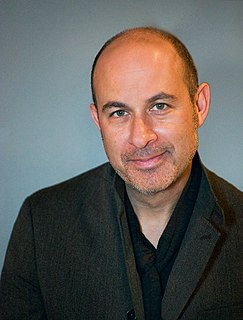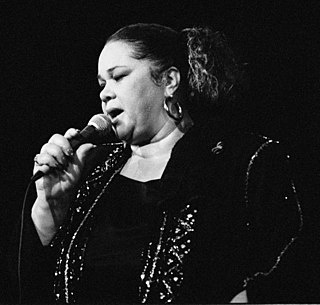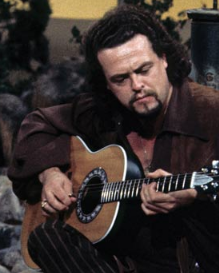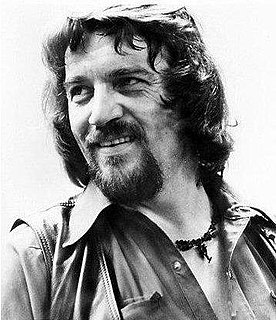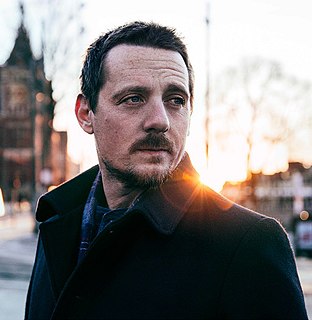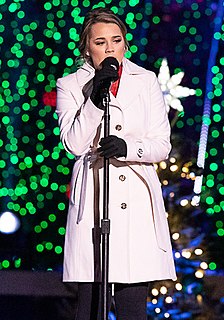A Quote by Elvis Costello
I started with rock n' roll and...then you start to take it apart like a child with a toy and you see there's blues and there's country...Then you go back from country into American music...and you end up in Scotland and Ireland eventually.
Related Quotes
No matter what though, there's always rock & roll. There's rock 'n' roll in hip-hop, there's rock & roll in pop music, there's rock 'n' roll in soul, there's rock 'n' roll in country. When you see people dress and their style has an edge to it, that rebellious edge that bubbles up in every genre, that's rock & roll. Everybody still wants to be a rock star.
There's rock n' roll in hip-hop, there's rock n' roll in pop music, there's rock n' roll in soul, there's rock n' roll in country. When you see people dress, and their style has an edge to it, that rebellious edge that bubbles up in every genre, that's rock n' roll. Everybody still wants to be a rock star, you know?
I grew up listening to everything. I was in rock n' roll bands and punk bands, and I loved bluegrass and country music, too. Then, when I moved to Nashville, I put out a very traditional country record because that's just what you do. I had a bunch of very traditional country songs. Next thing you know, you're a country singer.
I like all the kinds of music I've been into. I'm certainly not a purist in that I will only play country licks in a country song or blues licks in blues stuff. The thing I would like to be able to do is to make the music sound right no matter what it is. If somebody else wants to have a label for it, then that's their business.



